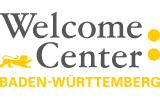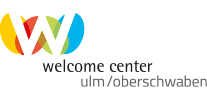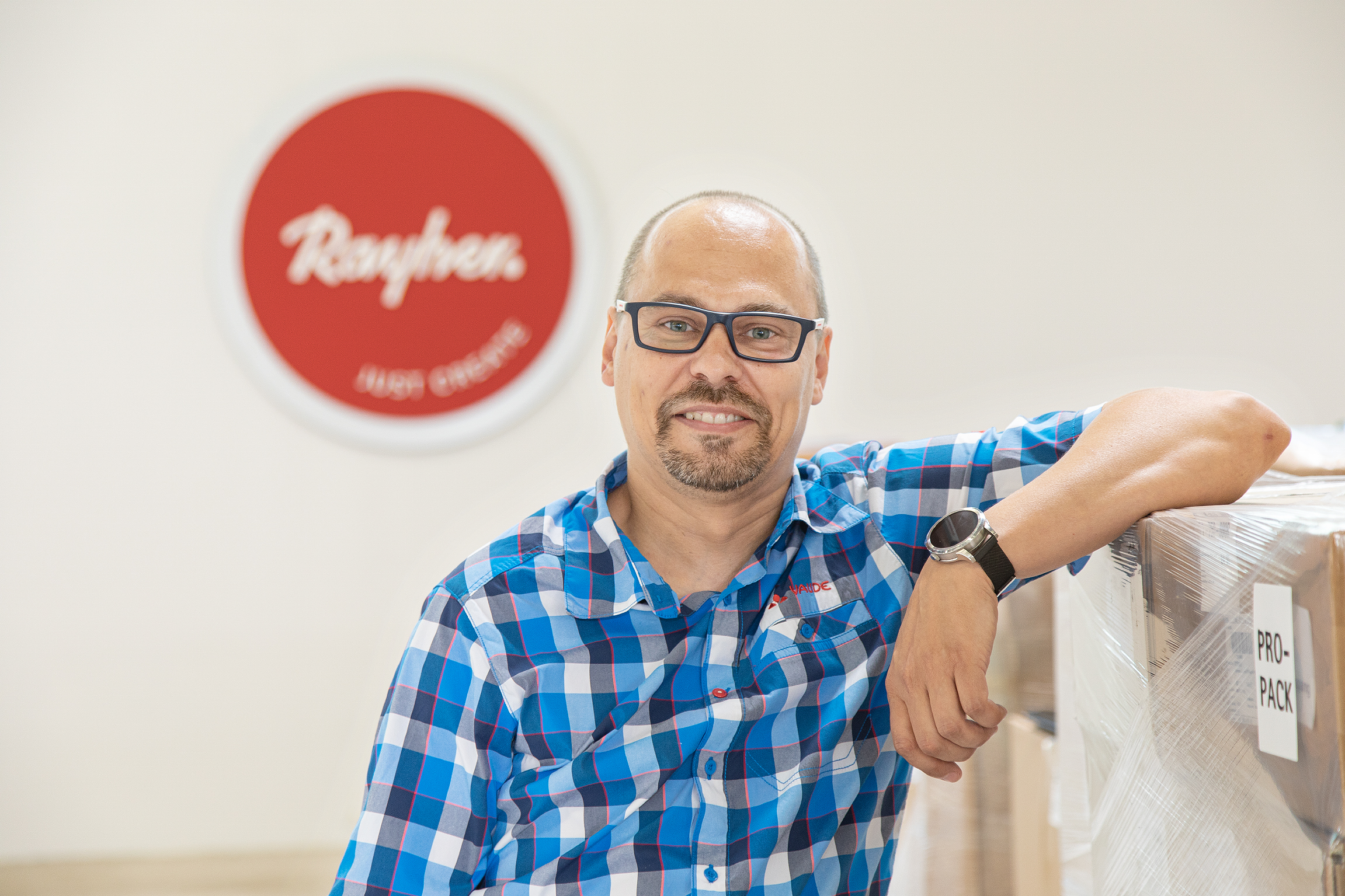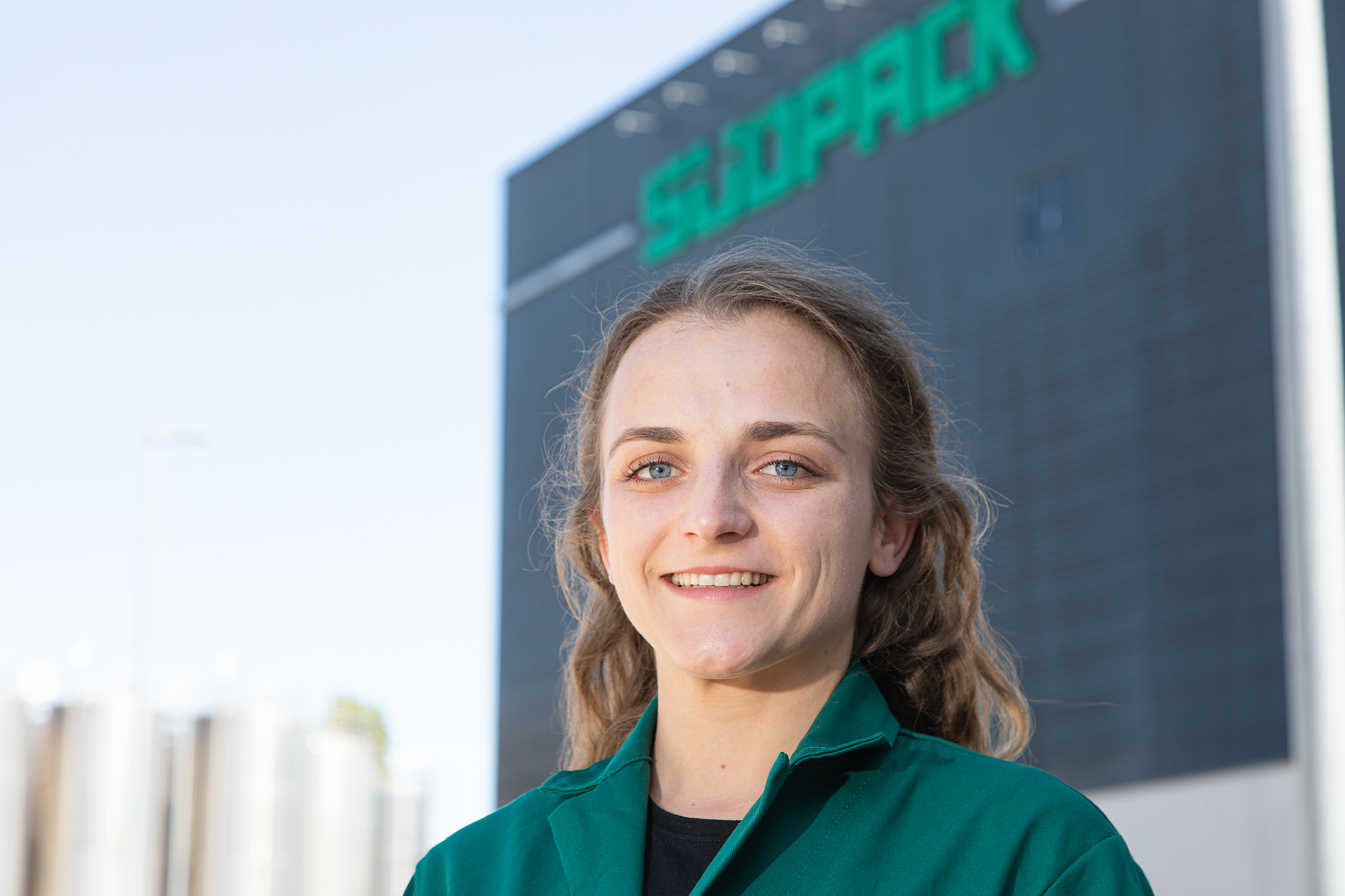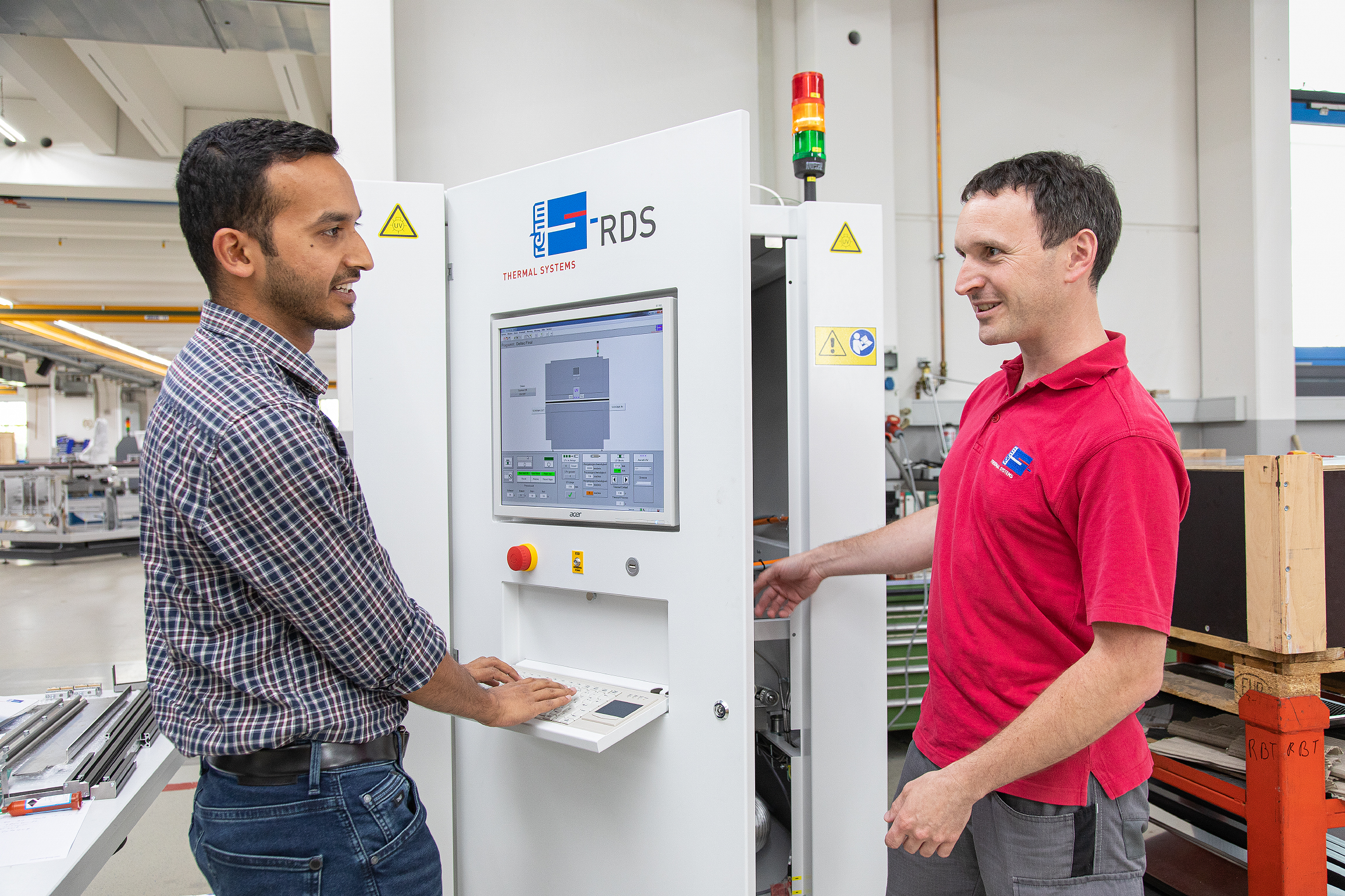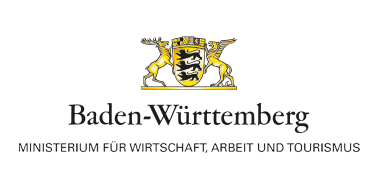In Germany, each federal state is responsible for the education and school system. Below we provide an overview of the most important types of school offered by the Ulm/Oberschwaben region (Baden-Württemberg):
Grundschule (primary school): In Baden-Württemberg, all children generally attend primary school for 4 years, in other words from Years 1 to 4. In Year 4, the primary school issues a recommendation based on the child’s personality and learning development. This is intended to help the parents make the right decision on which secondary school represents the best possible further development for the child. However, the decision on which secondary school the child attends remains completely with the parents. After primary school, the child has the following options:
- Werkrealschule (secondary school to Year 9 or 10)
- Realschule (secondary school to Year 10)
- Gemeinschaftsschule (school from Years 1 to 10)
- Gymnasium (secondary school to Years 11 and 12)
Sonderpädagogisches Bildungs- und Beratungszentrum (special needs educational and advice centre) (SBBZ): If your child has a disability or a chronic illness, they might not be able to cope alone in the regular school system, such as at the Grundschule. This is where the SBBZ comes in, with numerous forms of support to help your child develop to the best of their ability according to their level of learning and learning abilities. There is also the possibility for them to take part in lessons in mainstream schooling (“integration” schemes). The decision here depends on the child’s requirements, the results of various diagnostic methods and the parents’ wishes.
Werkreal-/Realschule: The school leaving certificate from the Werkrealschule is equivalent to that from the Realschule, i.e. it marks the completion of Year 10. It can be followed by completing an apprenticeship, or by switching to a Gymnasium or vocational school. Your children can also leave the Werkrealschule with a leaving certificate equivalent to that from Hauptschule. This takes place at the end of Year 9, or if more time is required for learning, at the end of Year 10. With a Hauptschule leaving certificate, students can also take a dual training course or switch to a vocational school. Realschule must be attended for six years and finishes with the Realschulabschluss (certificate marking the completion of Year 10). Following this, your children can go to a Berufskolleg (vocational college), Fachhochschule (technical college), Gymnasium (secondary school to Years 12/13) or start an apprenticeship.
Gemeinschaftsschule: The Gemeinschaftsschule offers a wide range of school leaving certificates. The intention is to offer a more individual learning route, and thus to admit not only particularly high-performing pupils but also those who perform less well, including children with disabilities or learning difficulties. This is also intended to promote equal opportunities throughout the system. The children and adolescents can take the Hauptschulabschluss leaving certificate marking the completion of Years 9 or 10, the Realschulabschluss leaving certificate marking the completion of Year 10, or, if they are given the opportunity, they can also obtain their Abitur, the certificate marking the completion of Years 12 or 13.
Gymnasium: The Gymnasium leads directly from the Grundschule to the Abitur. The young people can then study at university or take an apprenticeship. The Abitur is the highest possible school leaving certificate in Germany. The Gymnasium may be either the G8 or the G9 variant; in other words, children may take their school leaving certificate either 8 or 9 years after the Grundschule.
Enrolment of newly immigrated schoolchildren and adolescents
Maybe your children are already of school age when you enter Germany? You are bound to be wondering what form their school enrolment will take. The decision on this is taken by the school management in consultation with the competent education authority. Newly immigrated children who are not yet capable of participating in continuous education due to their lack of language skills are generally offered trial lessons. The aim is to integrate them into mainstream school instruction as rapidly as possible.
Other options
If your child leaves school without a school leaving certificate, compulsory schooling still applies to them. Accordingly, there are different options that can be considered:
- Prequalification year for work and professions (VAB)
- Vocational preparation year (BVJ)
- Subsequently, they can complete the Berufseinstiegsjahr (occupational entry year), take up an apprenticeship, attend a Berufsfachschule (vocational school), or with the corresponding documentary evidence they can also attend a vocational Gymnasium
You will find an interactive overview here: https://www.bildungsnavi-bw.de/schulsystem
